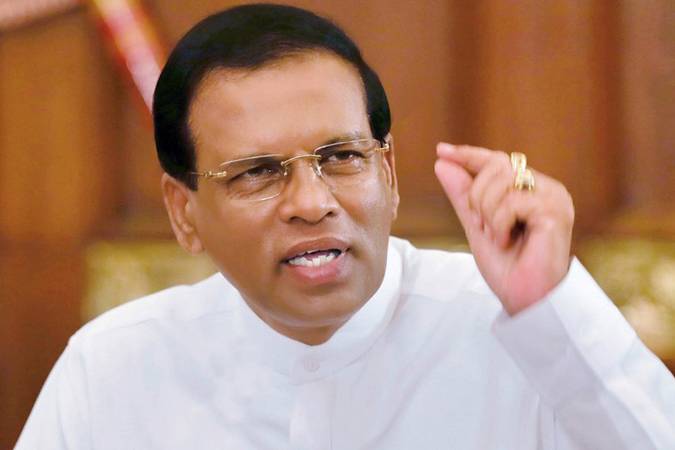Sri Lanka seeks to tighten oversight of national and international voluntary organizations under the watchful eye of President Maithripla Sirisena hell bent on preventing them of their involvement in civil society defending human rights and curtail people’s political power at grass root level, civil society activists said.
As a major step to restrict NGO’s from creating a public opinion against the President on the eve of upcoming elections, the National Secretariat for Non-Governmental Organizations has been directed to re-register and monitor NGO’s with the National Secretariat for Non Governmental Organizations.
This directive has been issued under the cover of cracking down on foreign funded NGOS supporting Islamic fundamentalism following Easter terror attacks, informed sources said.
But an eminent civil society activist noted that this may be another move of the President to suppress mounting pressure against his extremely regressive actions that will lead the country towards a failed state.
Executive Director of the Center for Policy Alternatives (CPA) Dr Paikiasothy Saravanamuttu, said that civil society was ‘shocked’ and ‘stunned’ by this action of introducing legislation.
All licenced banks have been directed to exercise due diligence with respect to NGOs, by the Central Bank’s Financial Intelligence Unit (FIU), and to monitor and report among others on organisations that receive direct foreign funds/remittances into their accounts.
New legislation will also be introduced to amend the Voluntary Social Service Organizations (Registration and Supervision) Act, No 31 of 1980 to restrict constitutionally guaranteed rights such as the freedom of association, freedom of assembly and the freedom of expression.
Financial scrutiny will be tightened for transactions over Rs. 1 million as grants coming in and for any transaction of the prescribed amount.
If this amendment is implemented Citizens cannot form groups for get together and have fundraising events for social welfare, he claimed.
NGOs in Sri Lanka are active in politics, literature, cinema, cultural activities, and ‘development’ of the villages, environment, media, human rights, women’s movement, and dozens of others.
According to the Government statistics, there are more than 1,400 registered non-profit organisations currently.
These organizations seem to be well-intentioned civil society groups who do a lot of good on the country, diplomatic sources claimed.
A faction supporting the President noted that the neo-liberal policies propagated by powerful international community limited the influence of the State and that NGOs have benefited as a result.
NGOs are more accountable to their funders than those they serve they said adding that , their projects are crafted in line with donor liking.
A final criticism relates to the fact that NGO workers tend to be foreigners or local elites Instead of empowering local populations to organise themselves.
(LI)

